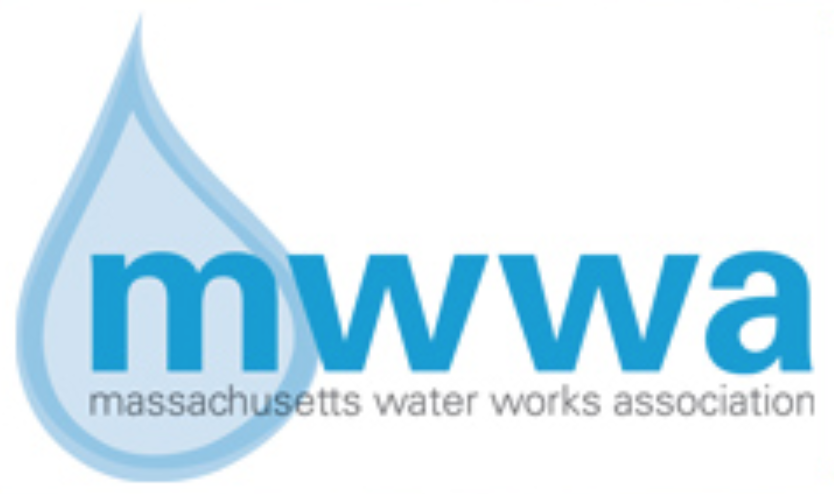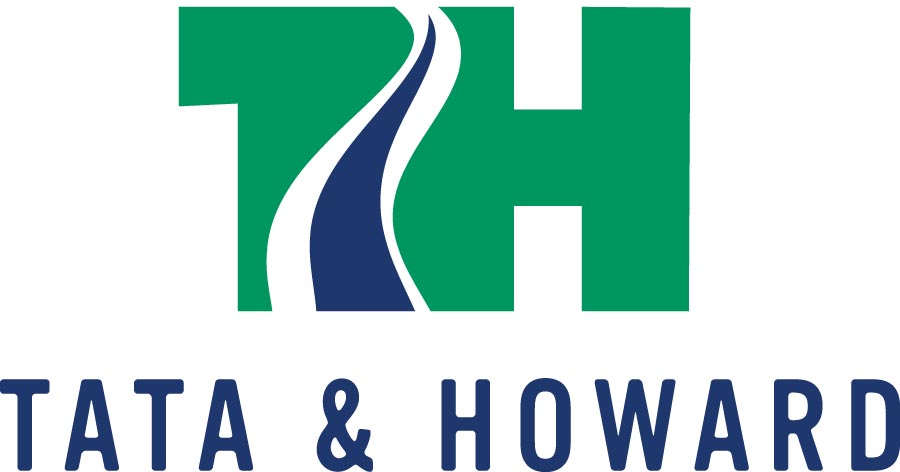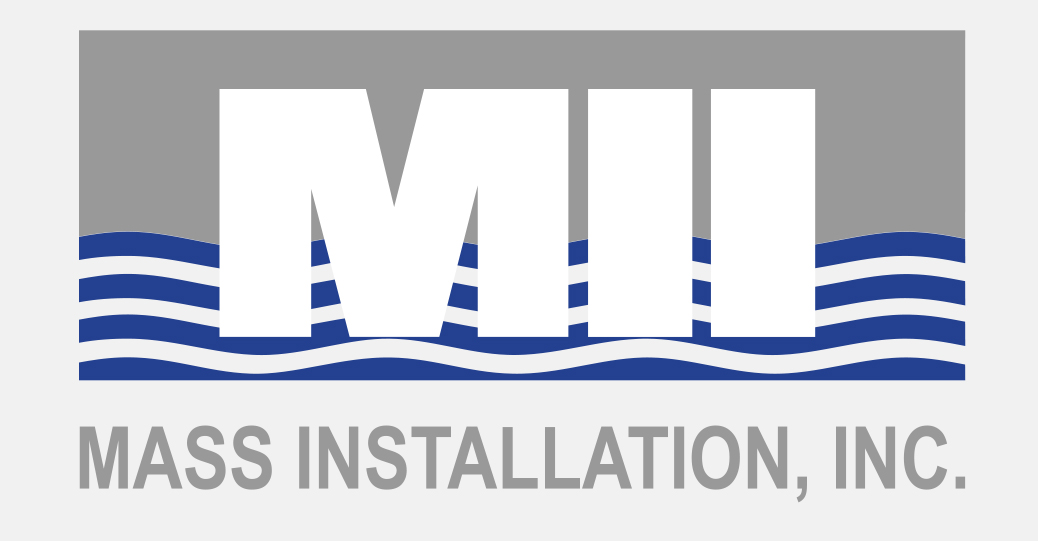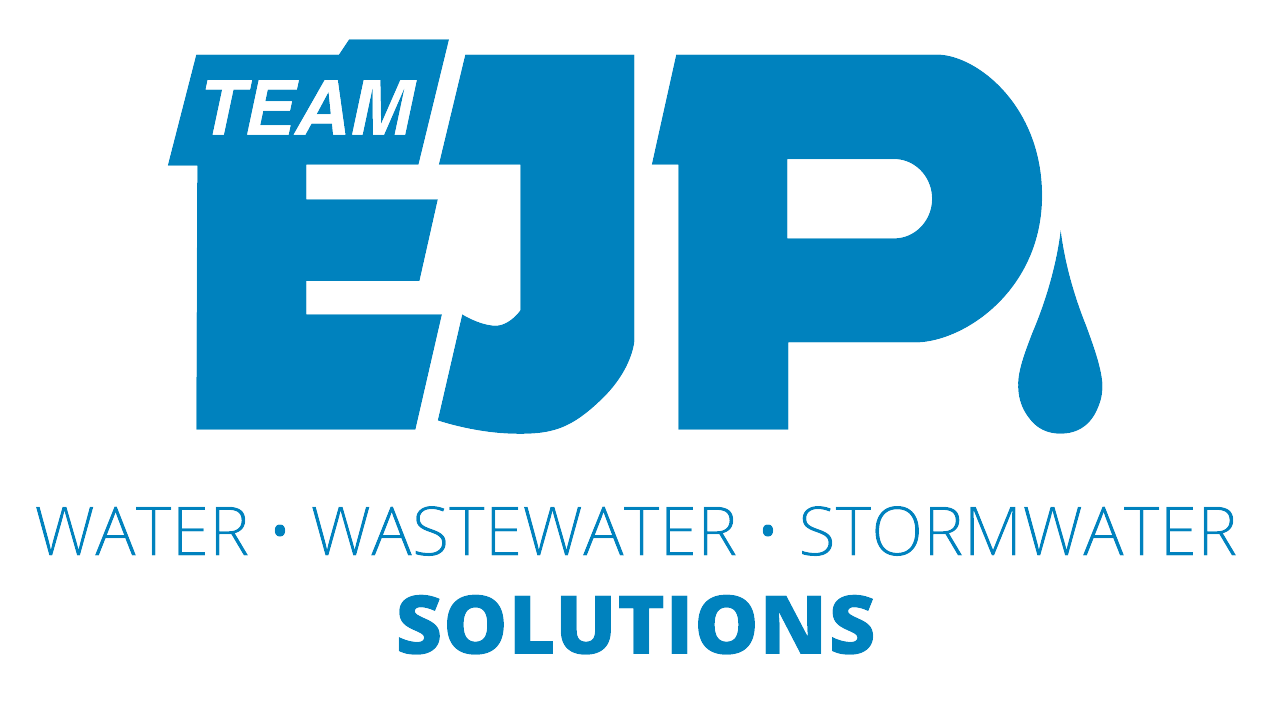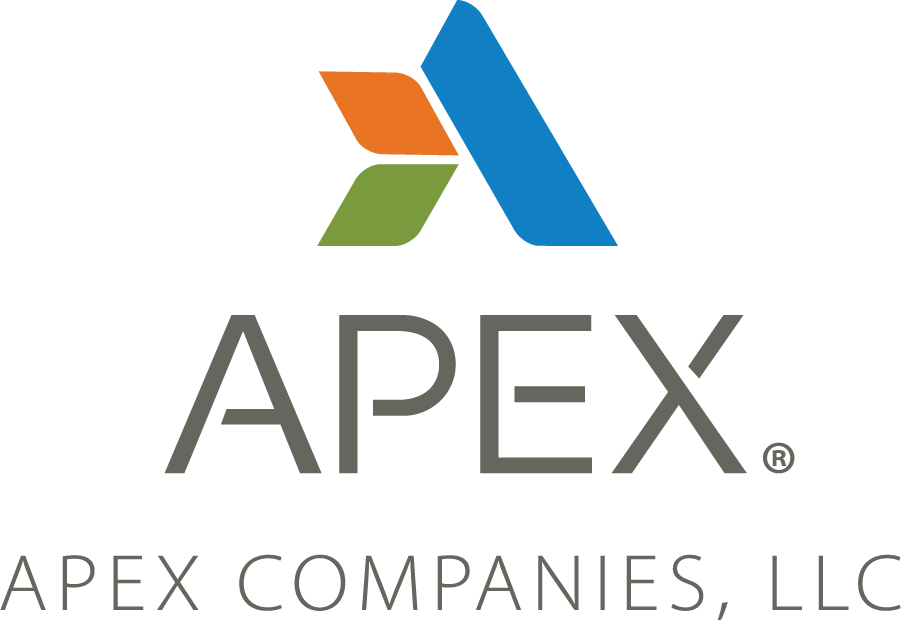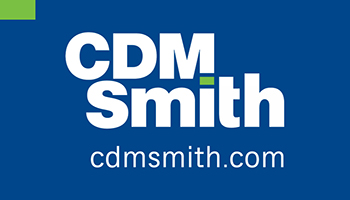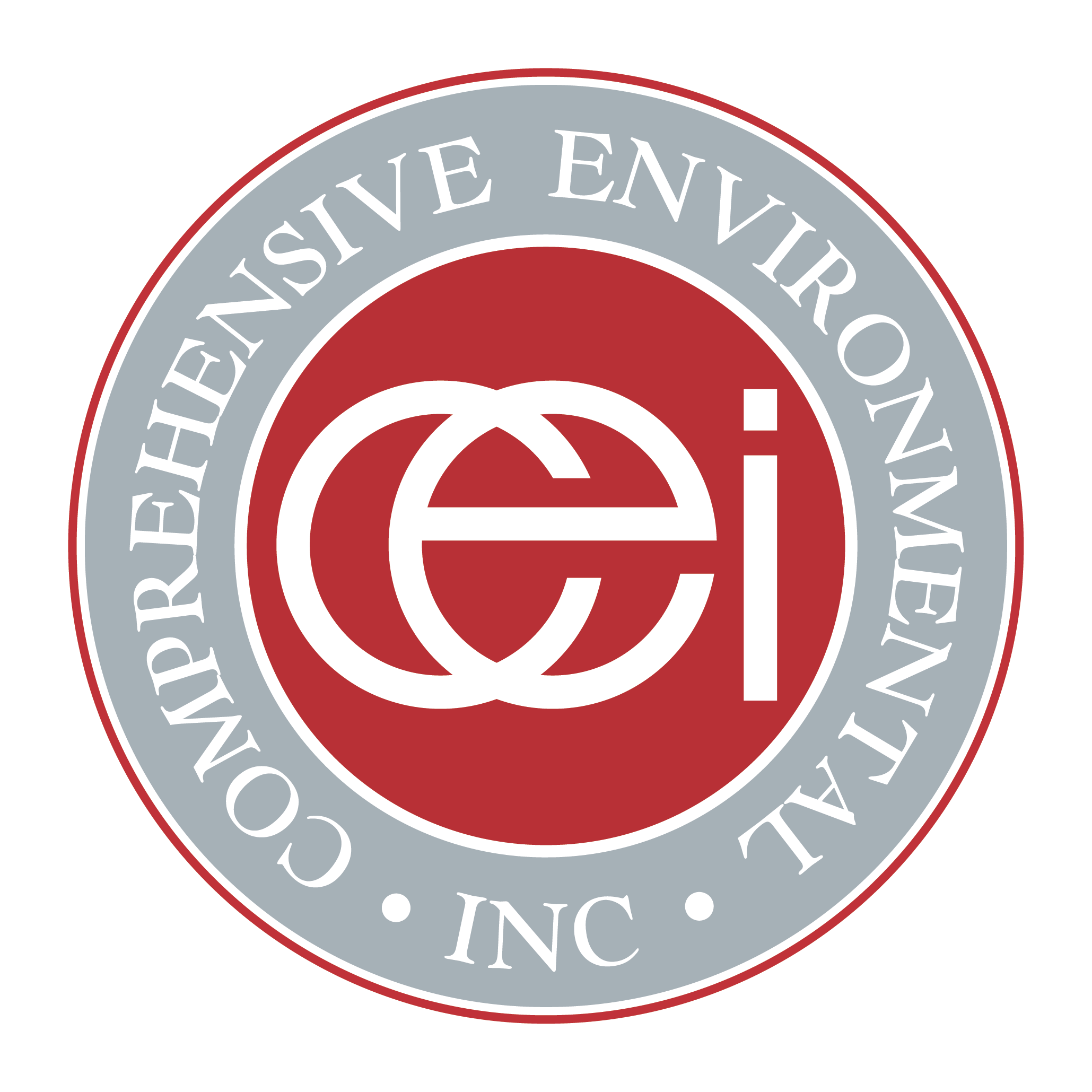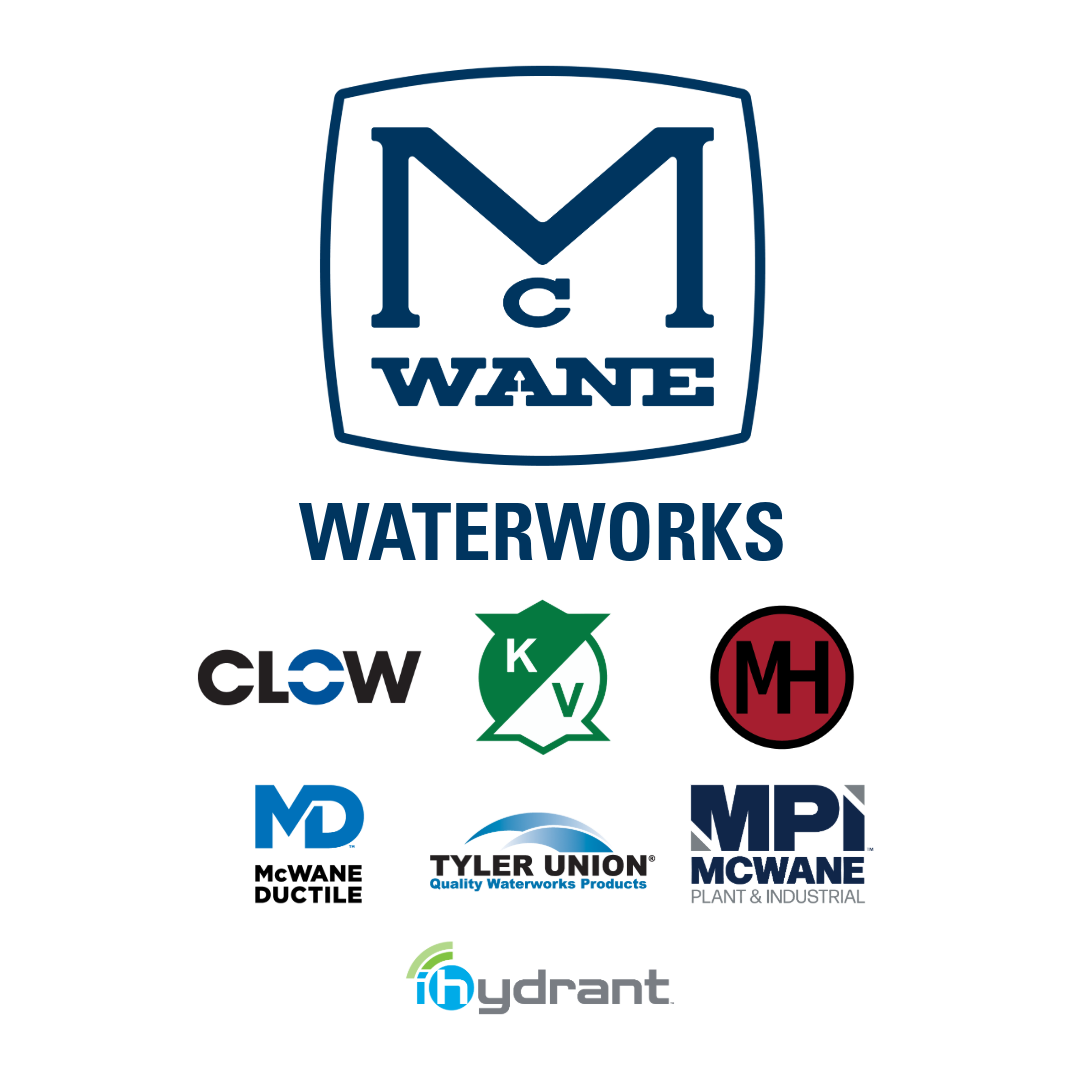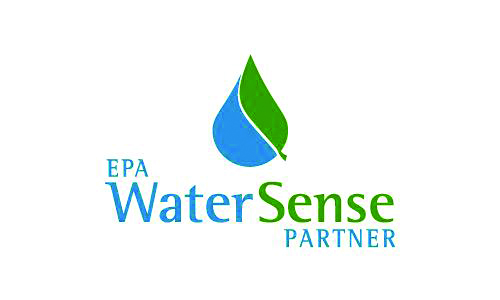about mwwahistory and purposeIn another era Francis Bacon said, “History makes men wise.” Hopefully this brief history of the Massachusetts Water Works Association will confirm for future participants of the Association the above comment of this illustrious philosopher and statesman of the sixteenth century. During the period of the forties and with the ending of World War II, many changes were taking place in the development and operation of water works facilities throughout Massachusetts. Changes were occurring simultaneously everywhere in New England; however, it was happening to a greater degree in Massachusetts due to the large number of urban areas. The combination of need, new materials and new methods provided the proper time for the birth of the Massachusetts Water Works Association. The original idea for a Massachusetts organization of water works professionals began in central Massachusetts. Several water works superintendents can be credited with the initial efforts, however, leadership was eventually provided by Thomas E. Kennedy, of the City of Fitchburg and James W. Reilly, of the Town of Ware. Kennedy invited a group to a meeting in Fitchburg in the spring of 1947, in order to discuss and explore the prevailing interest to form a Massachusetts Water Works Association. Later several would meet informally after the closing session of the monthly meetings of the New England Water Works Association, held in Boston at that time. On December 27, 1949, a corporate agreement establishing the Association was signed by the following: Thomas E. Kennedy, Fitchburg The name of the corporation to be known as the Massachusetts Water Works Association, Inc. The location of the principal office of the corporation was 35 Revere Street, Winthrop, MA. The purpose for which the corporation was formed was as follows: “To provide opportunity, means and facilities for the exchange and dissemination of information and knowledge calculated to insure an adequate supply of wholesome water to the inhabitants of the Commonwealth of Massachusetts and to foster and to promote public health, convenience and accommodation in the field of water works and water supply.” Indeed an ideal and attainable goal that has been adhered to for over fifty years. On January 4, 1950, the first meeting of the incorporated Association was held at 35 Revere Street, Winthrop, MA and all of those that had signed the Agreement of Association were present. Several items dealing with the administrative and legal structure of the Association, including its Bylaws and election of officers, were on the agenda. Elected officers were: Members of the Executive Board were: To these pioneers of the Association a large measure of credit and gratitude is due for their efforts in organizing diligently and wisely and setting the future course for the Association. Subsequent revisions have been made to the original bylaws, bringing them up to date with changing times. The most recent revision was July of 2007. The years that followed since 1950 saw great interest in the activities of the Association. Meetings were always well organized, with members actively participating in presenting programs filled with practical and technical issues and problems. It then provided, as it still does, the sharing and exchange of water works practice and experience. A Legislative Committee and a Program Committee played an important part in the future development and growth of the Association. Over time more committees have been formed to deal with the numerous issues facing our membership. Current committees include an Education Committee, Sponsorship Committee, Technical Advisory Committee, Finance Committee, Scholarship Committee, Historical Committee, Membership/Public Relations Committee and Awards Committee. The Association benefited from excellent leadership year after year. On November 13, 1975, the Association celebrated its 25th anniversary. President Paul T. Clancy presided and focused on the past presidents and honorary members of the Association. The Paul Howard Award was established at this time. The first reciepient was Leon A. Murray of Northampton for his dedicated work in advancing the cause of the Association. In 1979 the first Man of the Year Award was presented to William H. McGinness who had a long career as water superintendent for the City of Cambridge; he also worked tirelessly for the interest of the Association. A significant milestone in the history of the Association culminated with the passage of certification law in 1971. Finally passed by the Massachusetts legislature was Chapter 942 of the Acts of 1971, which made it mandatory for operators of Drinking Water Facilities to be certified. Passage of this law was a slow and painstaking process as are most statues in Massachusetts. The Association worked long and hard to obtain its passage. A member of the Board is appointed by the Governor from a list of qualified persons recommended by the Executive Board of Massachusetts Water Works Association. To date four past presidents of the Association have served on this Board with distinction. Further dialogue and communication between members of the Association was enhanced when the newsletter, H2O HI-LITES was first printed in January 1978. John S. Doherty, Past President from Wellesley, was the first Editor. The current Editor is George R. Allan. The name was changed to the H20 Pump in January 2001. Each year two notable events are held that are worthy of mention. First, the annual Summer Expo and Clambake has become the Association’s premier event. Held during the month of August, attendance has grown considerably -- from a mere handful that took place originally in Winthrop to more than 1,300 now attending at Wachusett Mountain in Princeton. The Expo provides an opportunity for education, recreation and fellowship during the summer. The second event is President’s Night, held in November. A dinner dance provides an opportunity for members, to share with their spouses, a delightful evening of entertainment. Presentation of awards and introduction of the elected slate of officers of the Association, take place at this affair. The Association thus far has been most successful. From the small group of pioneers, the Association of Massachusetts Water Works people, has grown considerably as a constructive force in promoting its objectives. In 1999, Carol Harris, a past President of the Board of Directors, was hired as the first Executive Director of the Association and an office was established in Acton. Hiring full-time staff allowed the Association to expand legislative and regulatory advocacy on behalf of water suppliers. Carol promoted the organization within the industry and represented water works professionals statewide. The Association also became a partner in the Massachusetts Coalition for Small System Assistance which is funded through a grant by the Massachusetts Department of Environmental Protection. Through this partnership, the Association provides free mentoring sessions, outreach and training to systems serving less than 10,000 people. In 2006, Carol Harris resigned and Jennifer Pederson was hired as the Executive Director. Two major initiatives were launched in 2006. Under the direction of the Sponsorship Committee a very successful corporate sponsorship program was implemented. The Association also began offering a utility membership option. Revenue from both of these programs will allow the Association to expand and enhance the programs and services available to our members. A great deal will be required of the Association in the future. Each year presents new problems and many challenges. The range of activities and disciplines for water supply practice expands each year, as do the regulatory requirements that systems must meet. The current mission of the Association is not radically different from the original purpose envisioned by the founders: If the past achievements of the Association are any indication of its ability, the message sounds loud and clear suggesting that the Massachusetts Water Works Association will continue to be foremost in providing those services and more as predicted by its pioneers. For assistance or information, contact the MWWA office: Massachusetts Water Works Association |
